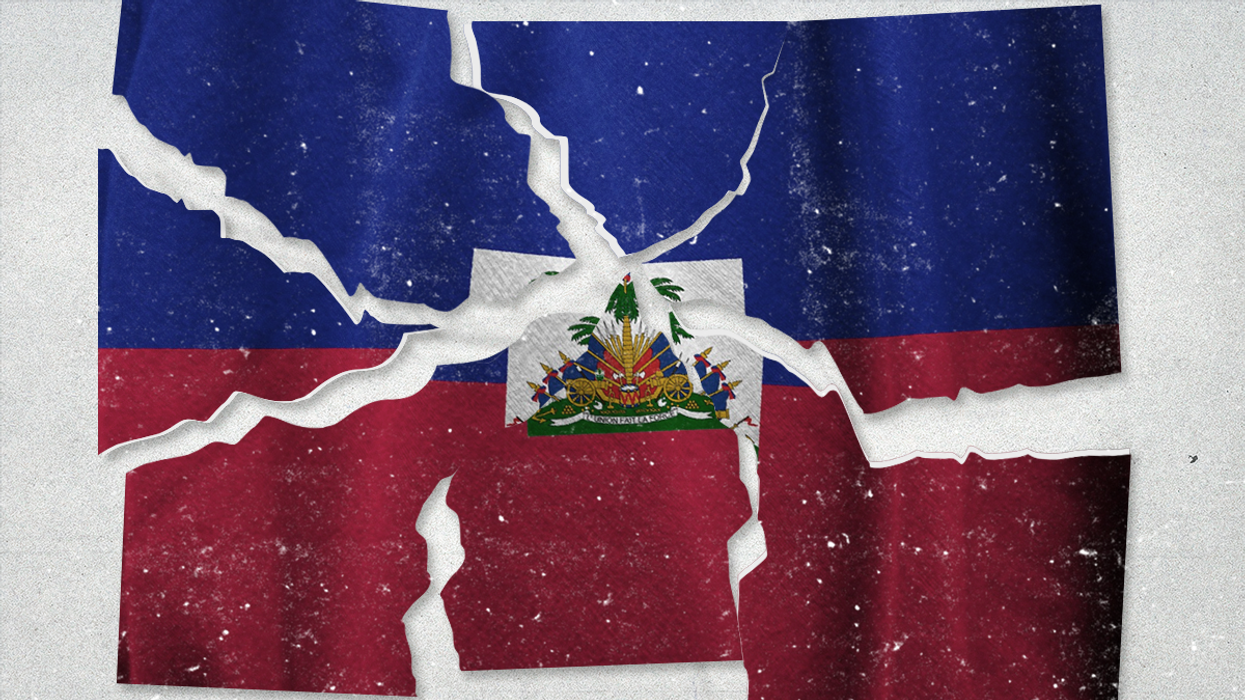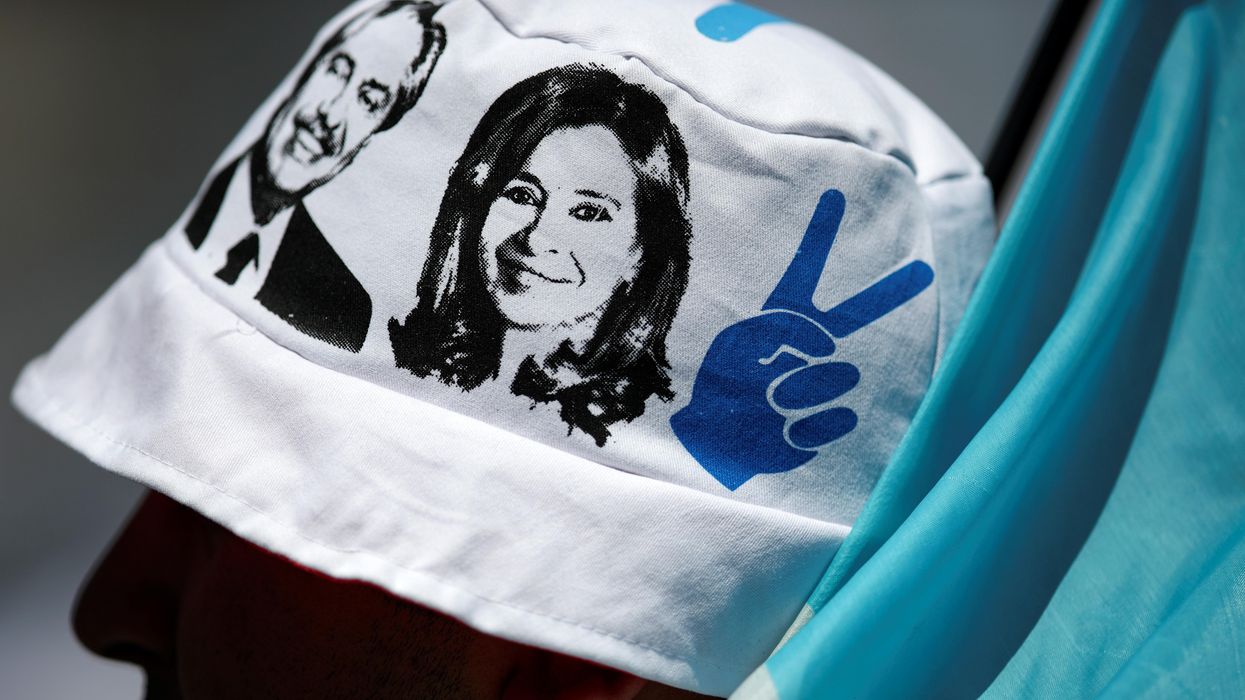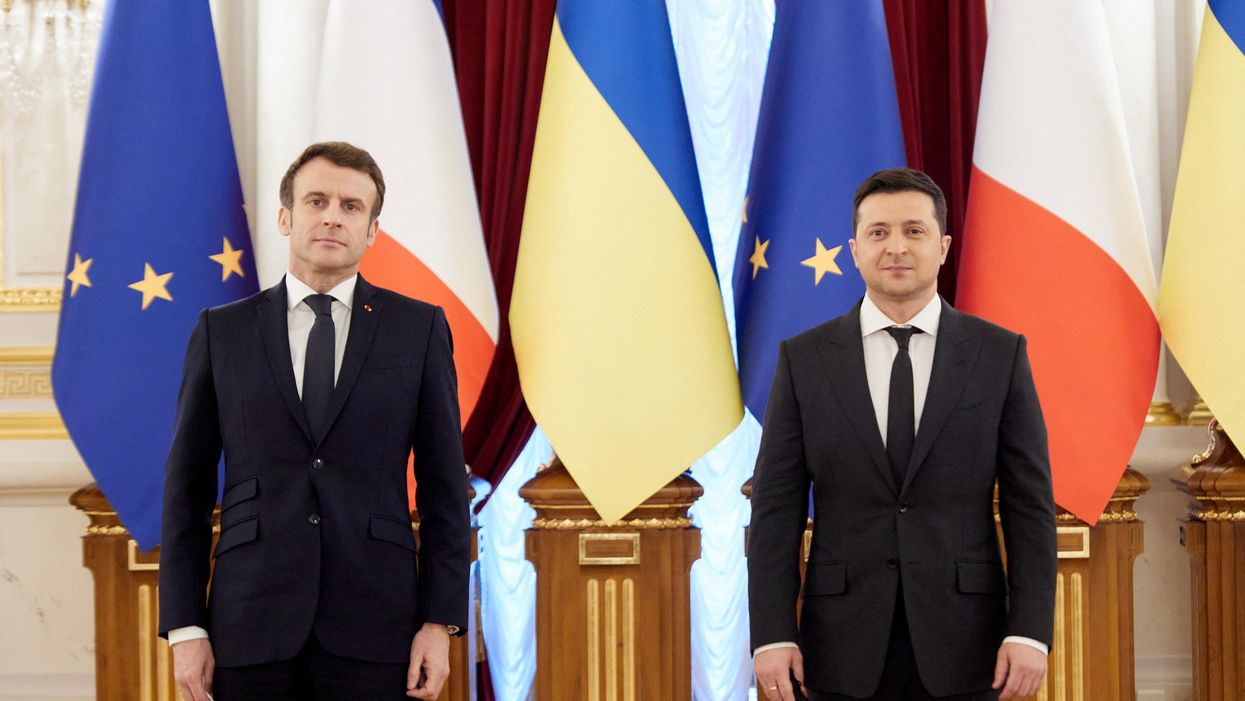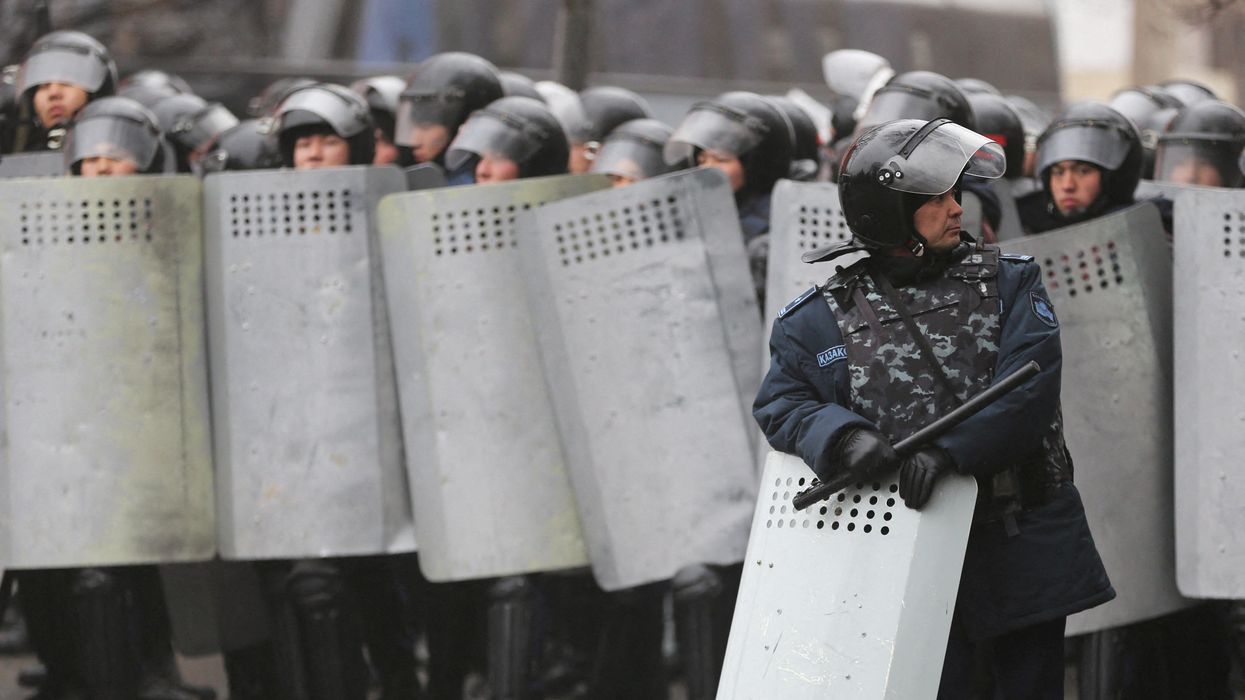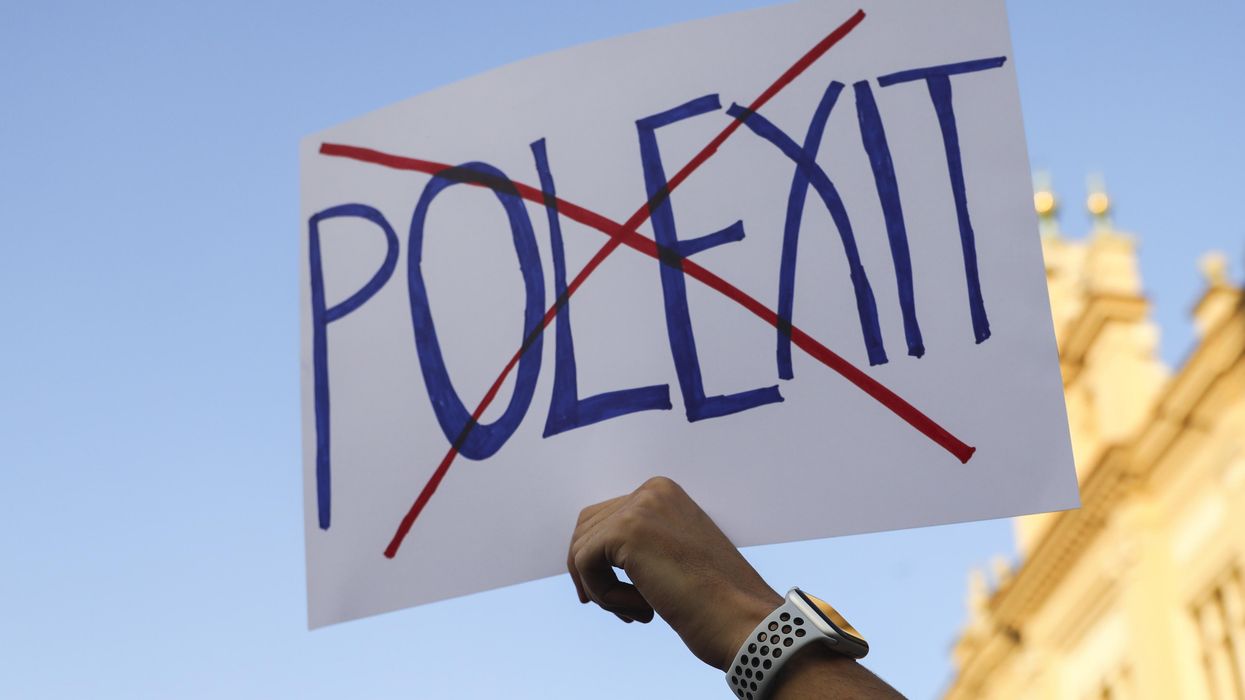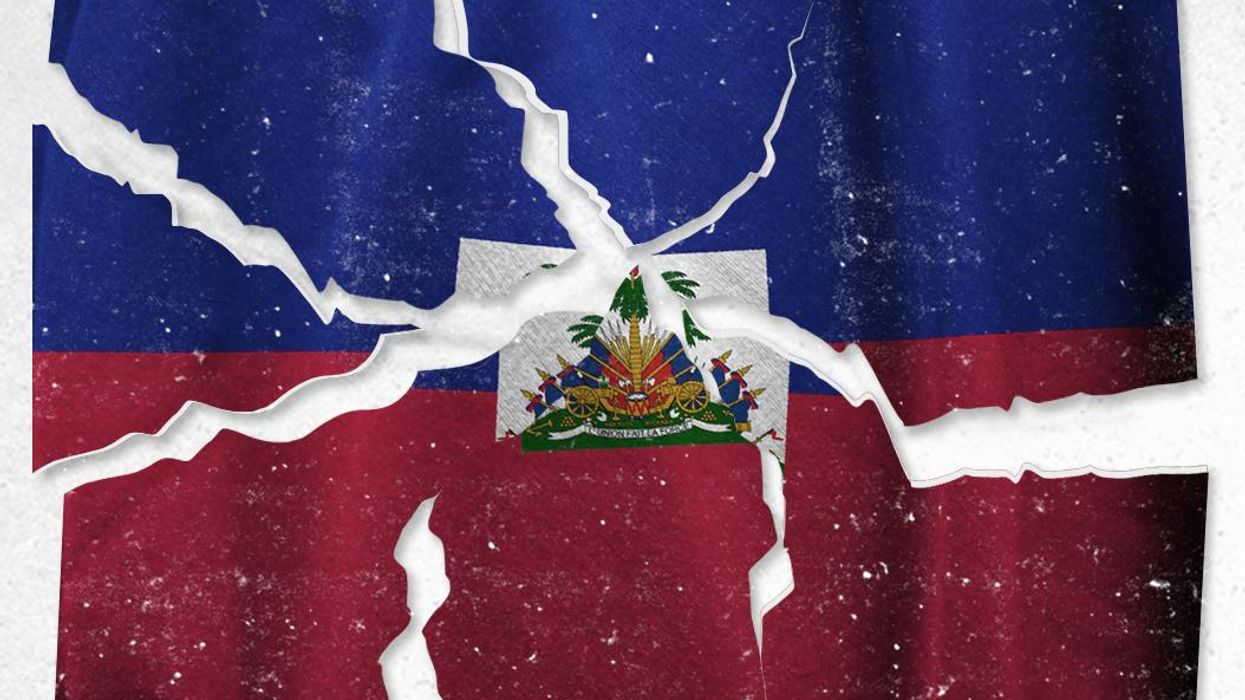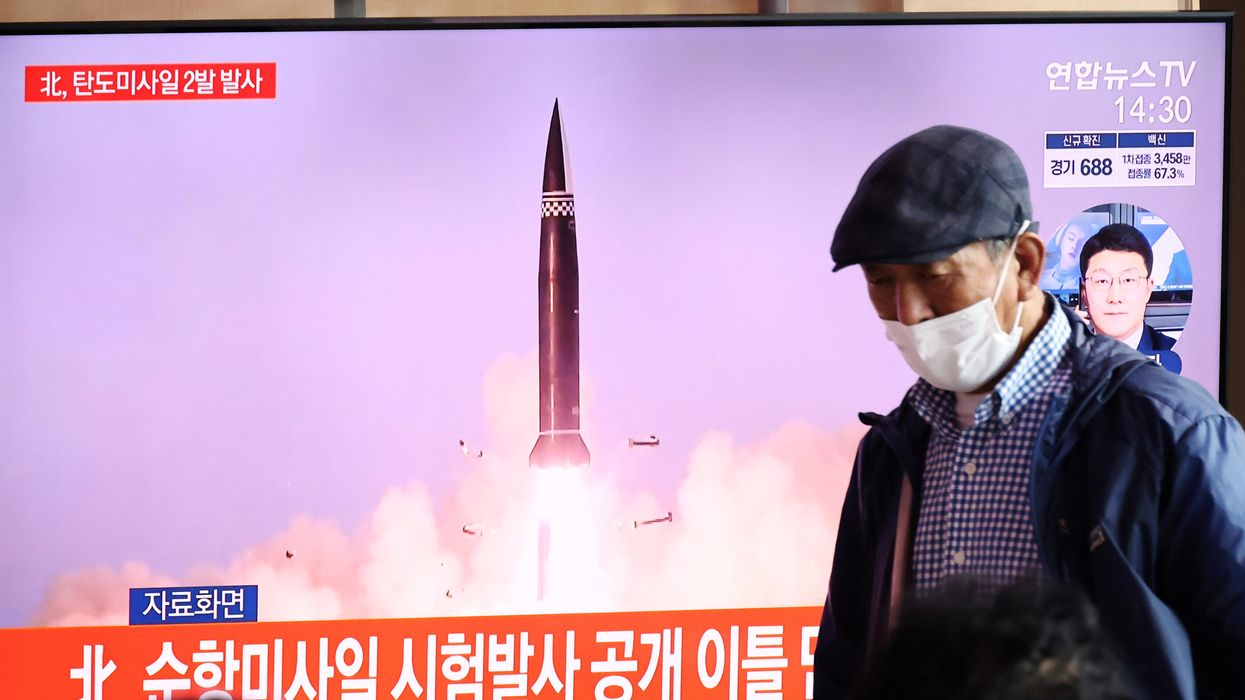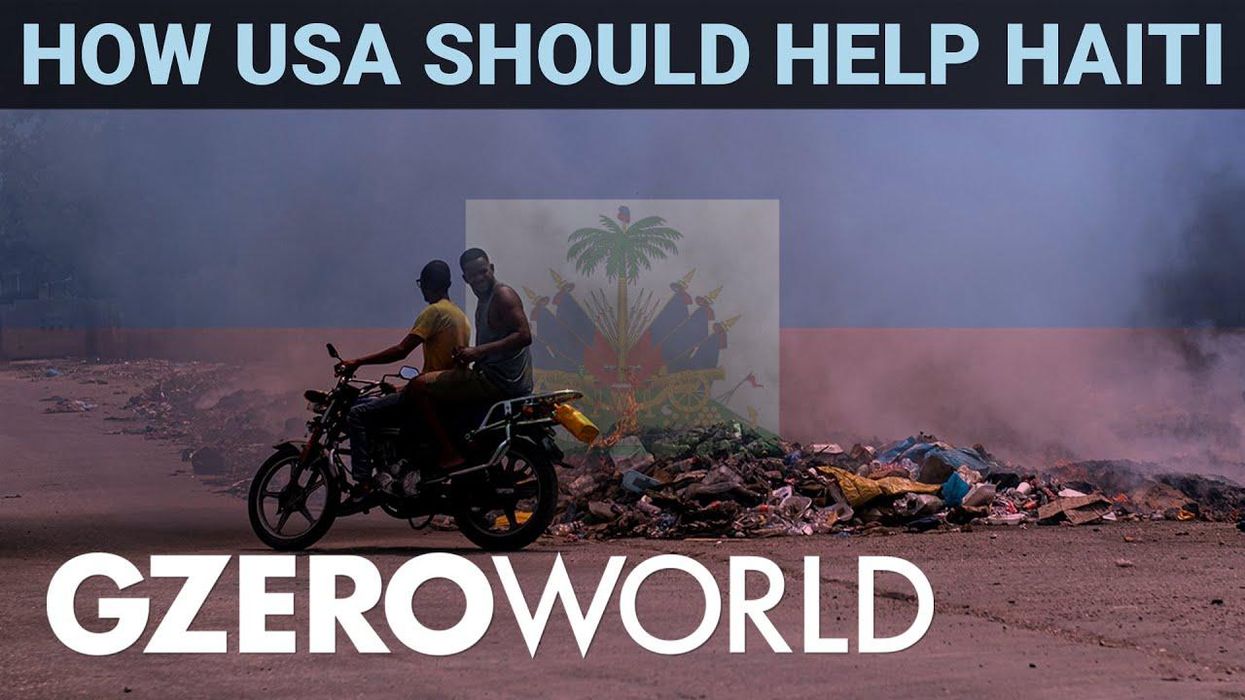News
Hell in Haiti
Haiti has been in a persistent state of pandemonium for decades. Yet, what’s happening now on the island nation of 11 million reflects a profound new wave of instability that’s threatening to spill over into neighboring countries. Forget democracy or autocracy – lawlessness is rampant in Haiti.
Oct 12, 2022
